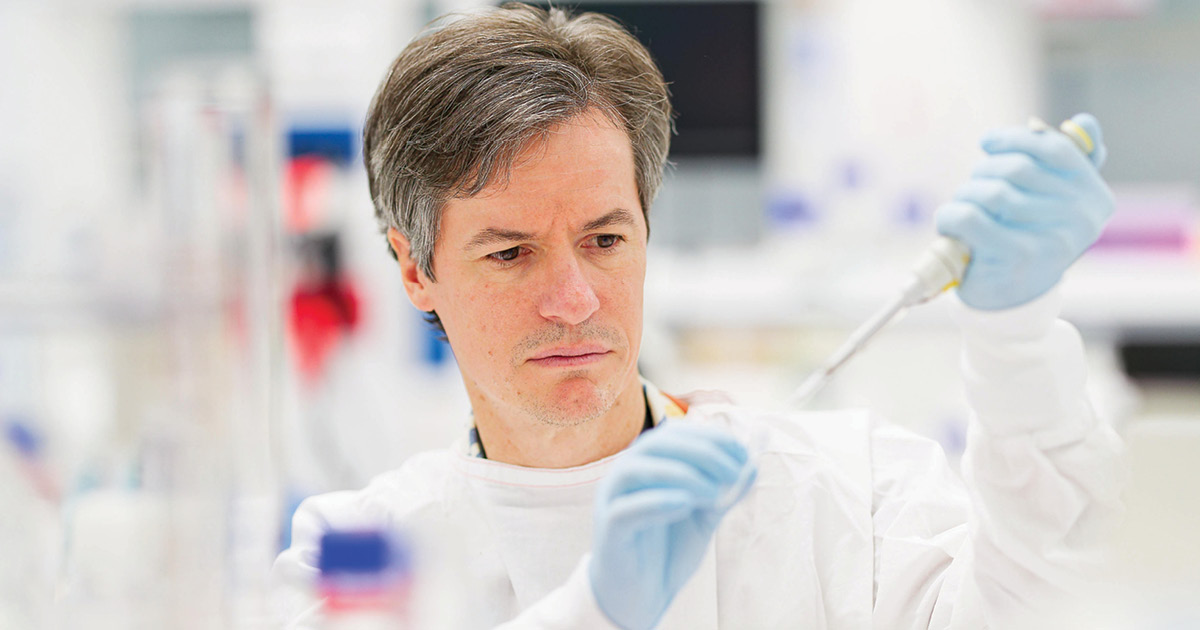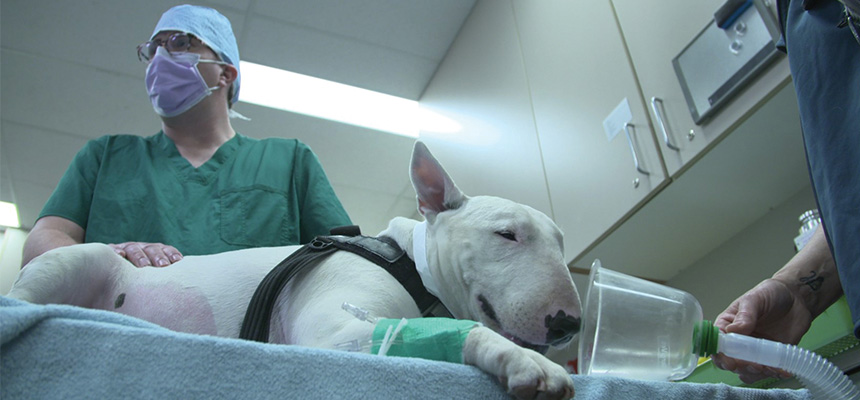Search

The Kids Research Institute Australia is playing a key role within a global team of experts whose work is transforming efforts to tackle a potentially deadly disease that disproportionately affects Aboriginal and Torres Strait Islander children in remote Australia.

Pneumococcal – a bacterial infection that can cause pneumonia and meningitis – is responsible for 1000s of hospital admissions in Australia each year, many of them children.

Associate Professor Lesterhuis said the gel, developed with the help of chemists at The University of Western Australia, could revolutionise the way solid tumours were treated.
On this Research Impact page, we showcase real game-changers - research that changes the very way other scientists around the world think and approach challenges. The far-reaching impact on children and families for all the stories shown on these pages is both exciting and significant.
Research
An anti-junk food ad from a sports commercial break reduced junk food consumption inclinations, yet junk food ads had minimal to no impactIn Australia, there are concerns that unrestricted junk food advertising during sports broadcasts increases short-term junk food consumption among viewers. Therefore, the present study aimed to estimate the impact of junk food and anti-junk food advertising on consumption inclinations.
Research
Living closer to the beach is associated with better socioemotional development in young boysNatural outdoor environments such as green and blue spaces have increasingly been seen as key health and wellbeing determinants for adults. However, it is unclear if these effects are seen in young children. We examined the associations between access to natural green and blue space and young children's socioemotional development.
Research
Pre-Post Intervention to Strengthen and Sustain the Paediatric ESCALATION System (The SPECS): Study ProtocolPromptly recognising changes in an acutely unwell child’s condition is fundamental to prevent tragic outcomes. Western Australian (WA) healthcare facilities used inconsistent and varied paediatric early warning systems. To improve care consistency, a standardised ESCALATION system, inclusive of family involvement and sepsis recognition, was developed.
Research
Short-Term Diabetic Retinopathy Status in People with Type 1 Diabetes Commencing Automated Insulin DeliveryRapid improvements in glucose control may lead to early worsening of diabetic retinopathy (EWDR). There is a need to demonstrate safety in people commencing automated insulin delivery (AID) due to the known efficacy in rapid glycemic improvement. We aimed to investigate short-term DR outcomes in people (aged ≥13 years) with type 1 diabetes after initiation of AID (use ≥6 months).
Research
Eating and drinking abilities and respiratory and oral health in children and young adults with cerebral palsyTo investigate the potential risk factors of respiratory illness (ethnicity, oral health, and eating and drinking ability) in children and young adults with cerebral palsy.
Research
Short term safety profile of respiratory syncytial virus vaccine in adults aged ≥ 60 years in AustraliaAustralia's active vaccine safety surveillance system AusVaxSafety monitors a number of vaccines, including Arexvy, by reporting on solicited adverse events following immunisation (AEFI) through an online survey sent to vaccinees 3 days post-vaccination as previously described.3 Here we report on survey responses from adults aged ≥60 years receiving Arexvy at primary healthcare practices or pharmacies, who responded to the survey by day 7 post-vaccination.
